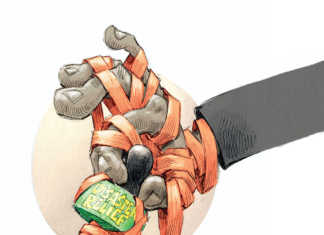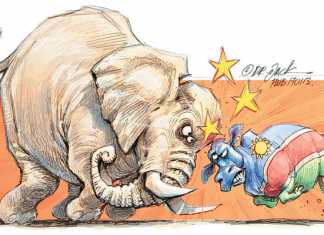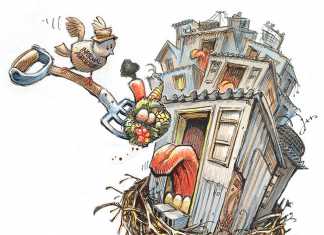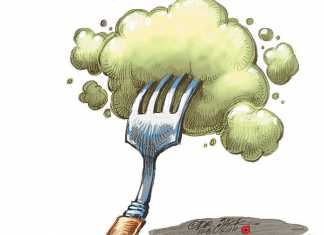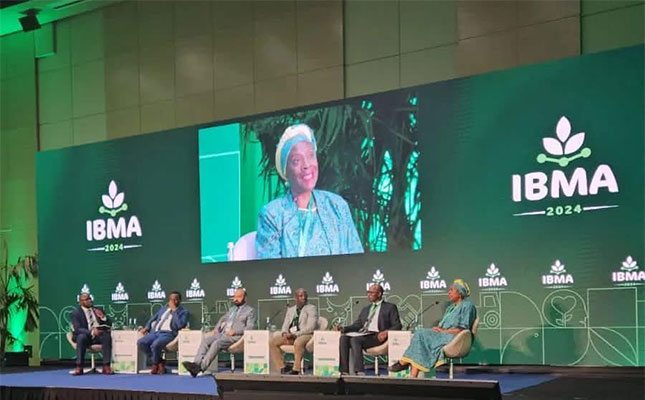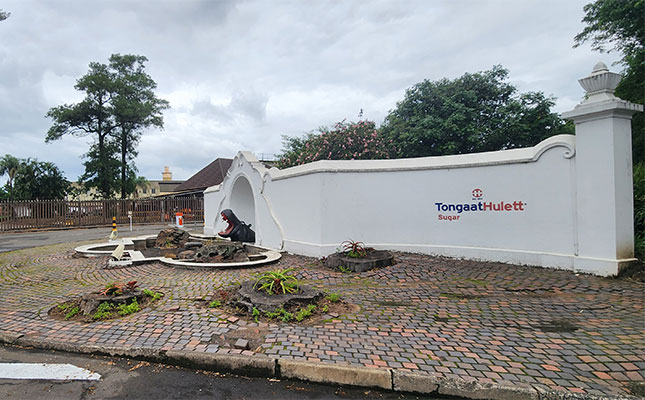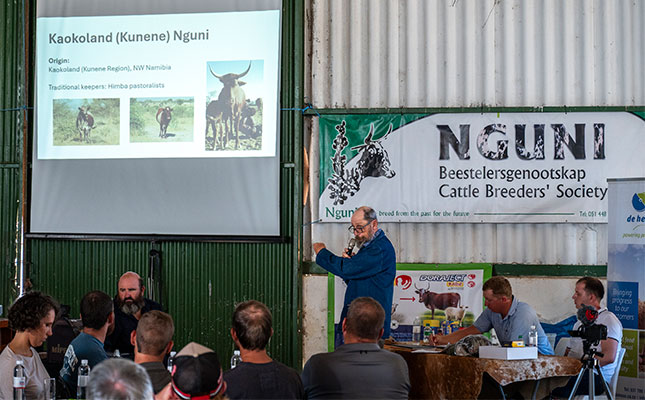The benefits of ecological beef cattle farming
Dr André Mentz, animal scientist and author of the book, Ecological Cattle Farming – A roadmap to sustainable cattle farming, says that ecologically friendly beef cattle production is now more important than ever, yet is largely ignored in favour of intensive systems. This is to the detriment of both the producer and the sector at large.
SA’s disaster relief system: making a bad situation worse
The release of disaster relief funds is a contentious issue in South Africa, writes Dr Christo Coetzee, researcher and lecturer at the North-West University’s African Centre for Disaster Management. According to him, the country needs a proactive approach to disaster relief to ensure a sustainable, profitable agricultural industry, and to safeguard food security.
Recommendations for the control of problem animals
The South African Hunters and Game Conservation Association (SA Hunters) has proposed a number of amendments to the norms and standards for controlling damage-causing animals under the National Environmental Management, Biodiversity Act. Public comment was invited by Minister of Environmental Affairs, Edna Molewa.
Tell a story and turn your produce into a brand
To capture the increasingly discerning consumer market, farmers have to learn how to use public relations and social media strategies effectively. Public relations expert and journalist, Brian Berkman, provides some valuable insights.
Shaping the future of global food security
Feeding the global population nutritiously and sustainably by 2030 will require unprecedented innovation and coordination by all stakeholders, according to a report by the World Economic Forum’s System Initiative on Shaping the Future of Food Security and Agriculture.
Modern, ethical livestock production is here to stay
The socio-economic dynamics of an ever-growing and increasingly globalised human population are placing increasing demands on the world’s livestock producers. German Agricultural Society president, Carl-Albrecht Bartmer, explored these issues at the opening of EuroTier 2016.
Livestock farmers and elephants clash in Namibia
The destruction of farming infrastructure as the result of an influx of elephants to Namibia’s north-western commercial farming region is an ever-increasing problem, according to Namibian Livestock Producers’ Organisation (LPO) chairperson, Piet Gouws.
SA commercial farmers key to Africa’s food security
For South Africa to continue making a significant contribution to poverty alleviation in sub-Saharan Africa, the agricultural sector needs to thrive. According to Hamlet Hlomendlini, senior economist at Agri SA, this can be achieved if government, businesses, policymakers, civil society and farmers stand together and put politics aside for the betterment and transformation of the industry.
9 lessons we can learn from the drought
According to Jannie de Villiers, CEO of Grain SA, South Africans have learned a number of valuable lessons from the drought, with the single most important lesson being that the country’s farmers have the ability to overcome challenges.
Animal health: what German vets can teach us
Globally, consumers of animal products are increasingly demanding that livestock farmers implement ethical and humane practices. This can be challenging for farmers, but is possible to achieve. Dr Siegfried Moder, president of Germany’s Federal Association of Practising Veterinarians, elaborates.
Why SA’s goat farmers must get down to business
Stakeholders in South Africa’s goat value-chain are determined to grow their sector into a profitable and sustainable industry to benefit farmers and the economy. Johan Steyn, owner of Patriot Boer Goat Stud in the Eastern Cape, discusses how
this can be achieved.
How important is the informal sector in urban food security?
The informal sector is crucial in giving people access to food. Yet it is often underestimated and, as a result, disregarded, say researchers Caroline Skinner and Gareth Haysom.
The big problem with SA’s small farms
To bridge the wealth gap in South Africa, it makes more sense to consolidate small plots into economically viable units than trying to raise the production levels of subsistence farming. So says Willem Cronje, a farmer and political and economic commentator based in Zastron in the Free State.
Agriculture must act now to curb climate change
Agriculture must contribute more to combating climate change while bracing to overcome its impacts, according to the United Nations Food and Agriculture Organization’s (FAO) report ‘The State of Food and Agriculture 2016’.
Scientific management – key to successful game farming
Game breeding has become a highly specialised industry that requires the same level of scientific management as livestock production to ensure long-term genetic gain and avoid inbreeding. SA Stud Book geneticist, Dr Helena Theron, and SA Stud Book manager of production recording, Dr Japie van der Westhuizen, explain.
Where is farming headed?
Natural gas exploration, changing voting patterns and new technologies are some of the issues that need to be closely monitored by the agricultural sector.
Namibia’s livestock sector: the obstacles & way forward
Outgoing president of Namibia’s Livestock Producers’ Organisation (LPO), Mecki Schneider, looks back on the highs and lows of 2016, and calls for ‘smarter’ farming and rangeland rehabilitation.
Eskom has become too big to save
John Kane-Berman, former CEO of the Institute of Race Relations (SAIRR) and currently a policy fellow at the institute, shares his views on unbundling and privatising Eskom.
Making do with less water: the new reality of farming
As the impact of an extended period of drought across Southern Africa continues, the concern is setting in among commercial and small-scale farmers that a water-constrained environment may no longer be a short-term challenge.
Africa’s urgent need for greater crop diversification
Maria Andrade, one of the winners of the World Food Prize 2016, explains why crop diversification is essential for agriculture in Africa, and highlights the benefits of introducing new staple food crops to farms and diets.
- ADVERTISEMENT -
- ADVERTISEMENT -
MUST READS
- ADVERTISEMENT -


